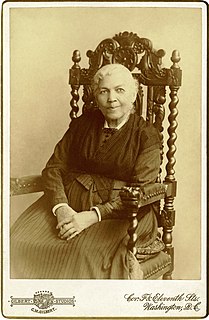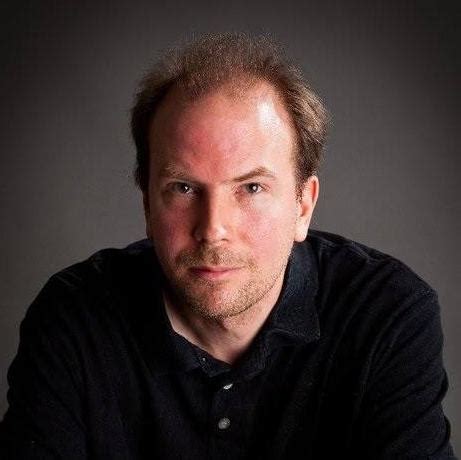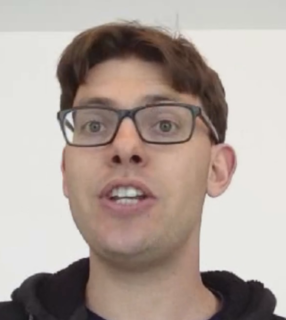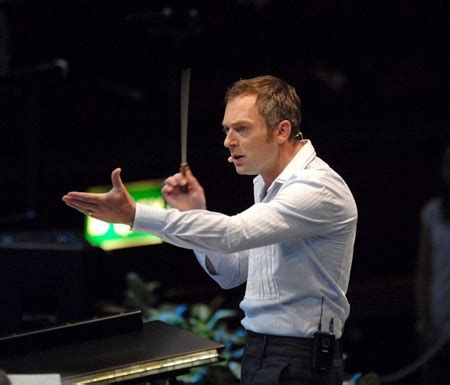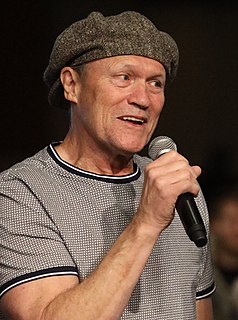A Quote by H. P. Lovecraft
No new horror can be more terrible than the daily torture of the commonplace.
Related Quotes
I like torture. Torture is photogenic. If you make horror movies, you always have to think what's photogenic and what's not. If you stay home with the candlelight and you read a book, Rilke, or whatever, or Sigmund Freud, it's boring. But if you watch Udo Kier in a horror film and people are hunting me and trying to kill me, and there's my love interest with big breasts and beautiful hair, and I believe in her and they kill me at the end, that's more interesting. We're talking about films here. We're not talking about writing stories.
How do you feel?” she asked, trying to fluff his pillow. “Other than terrible, I mean.” He moved his head slightly to the side. It seemed to be a sickly interpretation of a shrug. “Of course you’re feeling terrible,” she clarified, “but is there any change? More terrible? Less terrible?” He made no response. “The same amount of terrible?
Through TV and moving pictures a child may see more violence in thirty minutes than the average adult experiences in a lifetime. What children see on the screen is violence as an almost casual commonplace of daily living. Violence becomes the fundamental principle of society, the natural law of humanity. Killing is as common as taking a walk, a gun more natural than an umbrella. Children learn to take pride in force and to feel ashamed of ordinary sympathy. They are encouraged to forget that people have feelings.




